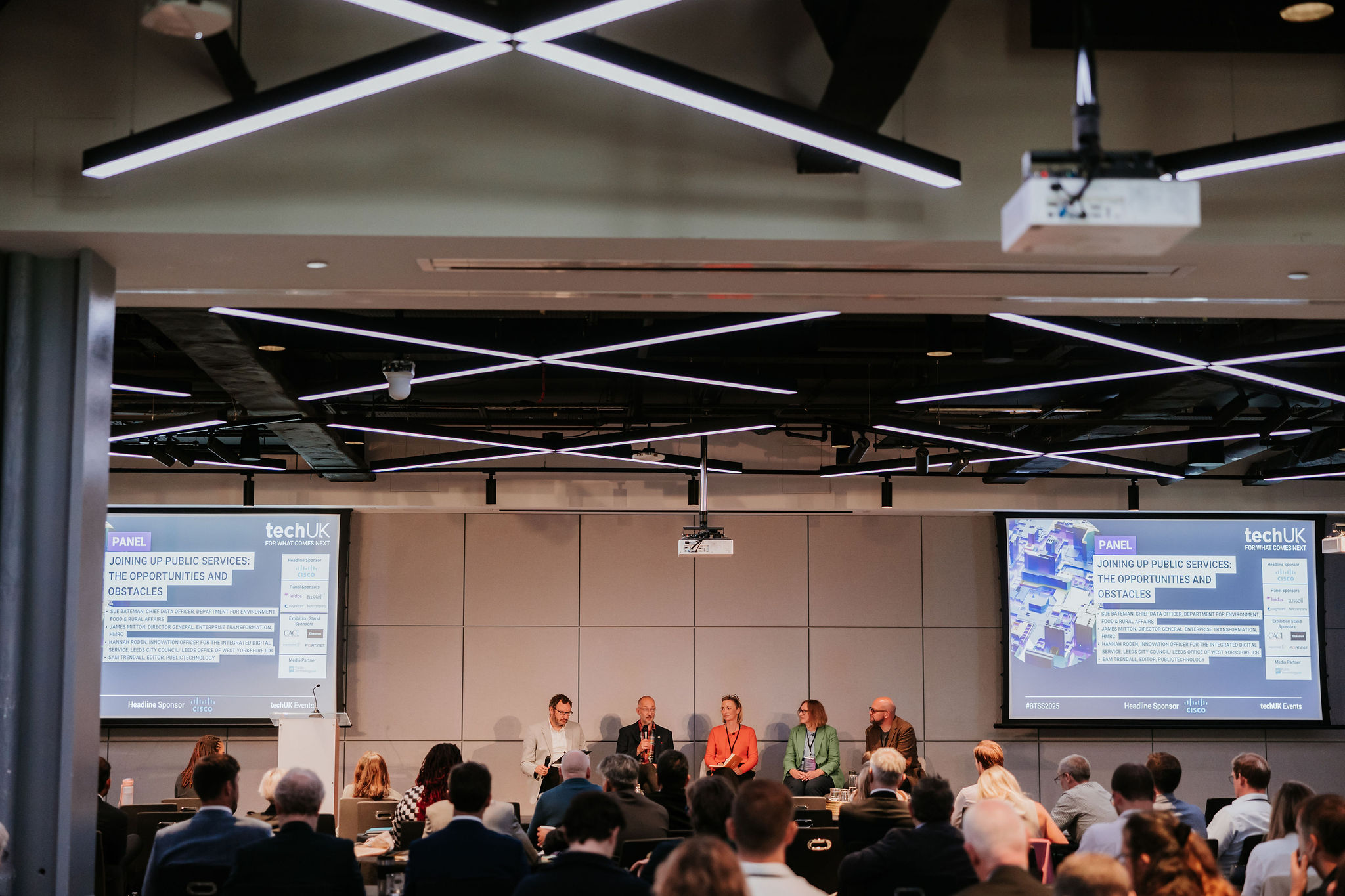Senior managers in the public sector have said that data privacy, security and increasing regulations are all barriers to their organisations benefitting from mobile and digital technologies, according to a survey.
Data privacy concerns are cited as a barrier to digital – Photo credit: Flickr, Robert Scoble, CC BY 2.0
The O2 Business Barometer survey, carried out by YouGov, took in the opinions of 501 senior leaders across the public sector in November 2016, asking about their priorities for 2017.
It found that 32% of respondents felt data privacy and security concerns were barriers to organisations making full use of digital and mobile technologies, while 11% said that increasing regulation meant it was harder to upgrade technology.
Some 26% said that a lack of digital skills in employees was a barrier – something that is regularly lamented by government watchdogs and think tanks – while 17% said they felt their organisation lacked a senior champion.
Further concerns were that digital wasn’t prioritised within organisations: 11% said it was not seen as a priority by the board or senior directors, while 25% said that other areas of investment took priority, and 16% siad they felt that because the benefits take time to appear other areas took immediate priority.
And – despite the survey also finding that 45% of organisations said they expected more of their customers to interact with them through digital means in 2017 than the previous year – 13% of respondents said a barrier to digital was that their organisation was prioritising other methods reaching customers, such as telephone or face-to-face contact.
Nonetheless, two-thirds of the respondents said that investing in new digital transformation will be important to their organisations this year, with those working in larger organisations rating it as more important than those in small or medium organisations: 80% compared with 46% and 48%, respectively.
The survey also showed that 32% of public sector senior managers planned to invest more in new hardware and software than they had in 2016, while 39% said they would invest the same. Some 13% said they planned to invest less in new technology in 2017 than they did in 2016.
Related content
Whitehall must change its hierarchical workforce mentality and embrace technology, says Reform think tank
Digital transformation ‘struggling to meet ambition’, as automation threatens public sector jobs
Earning public trust in an age of cyber threats
Some 82% of respondents said that maximising the benefits of existing technology would be important for their organisations this year – and the survey asked if the balance between new and old technology was affecting their work.
When asked to what extent they agreed with the statement, “my organisation is too “weighed down” by legacy systems and its current technology to be able to adapt and change in uncertain economic climates”, 20% said they strongly agreed and 30% said they tended to agree.
The survey also showed, however, that many senior managers are not expecting to take up some of the most-touted technologies imminently, with almost half of all respondents – 49% – saying that they never thought cryptocurrencies like Bitcoin would be used by their organisation.
A third of respondents said they didn’t think their organisations would ever use artificial intelligence – such as chat bots – with just 2% saying they thought it would be used in 2017 and 11% predicting it would be used in the next two to three years.
These figures were similar for robotic processing automation, with 26% saying they would never use it, 3% saying it would be used this year and 11% in the next two to three years.
The Internet of Things fared slightly better, with 18% saying it would never be used, 7% saying it could be in organisations this year and 15% predicting it coming into action in the next two to three years.
For each of these technologies apart from cryptocurrency, 5% of respondents said their organisations were already using the technology.
This is borne out by work from organisations such as HMRC, which has set up a Robotic Automation Board to set up robotic automation projects, and Enfield Council, which is using an AI bot to help residents work through online systems 24 hours a day.
Billy D’Arcy, managing director of enterprise and public sector at O2, said that the craving for “always-on” connectivity and services has “huge implications for the public sector”.
He added: “The opportunity is huge to improve productivity, customer service and efficiency and we’re only scratching the surface. Public sector organisations need to have the confidence to roll-out digital innovations by incorporating digital into their overall strategy and upskilling their workforce.”




Mexican Easy Pharm: Mexican Easy Pharm – Mexican Easy Pharm
https://cytpharm.com/# buy cytotec in usa
prednisone 10 mg
https://predpharm.com/# prednisone 100 mg
cost of prednisone tablets
http://cytpharm.com/# CytPharm
prednisone 25mg from canada